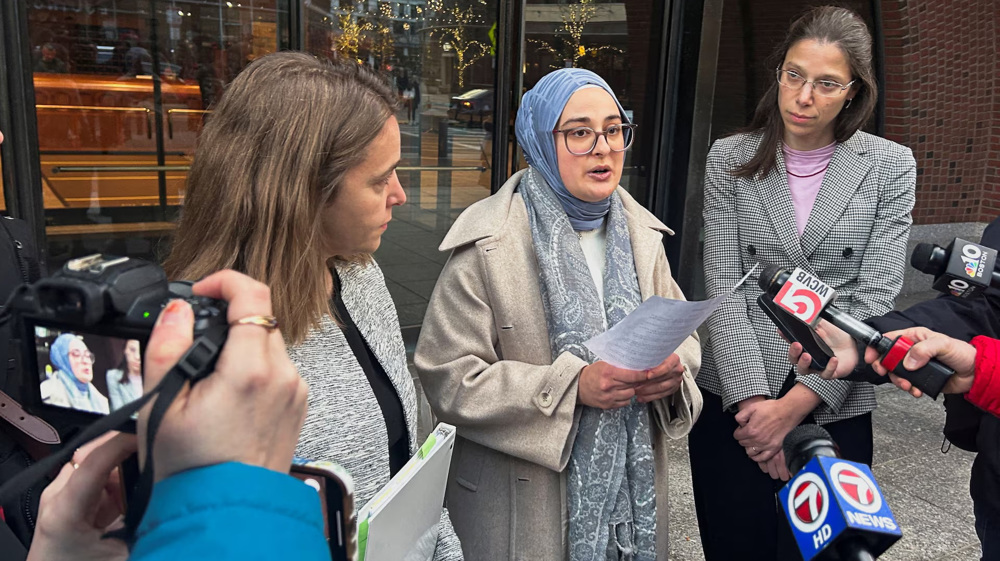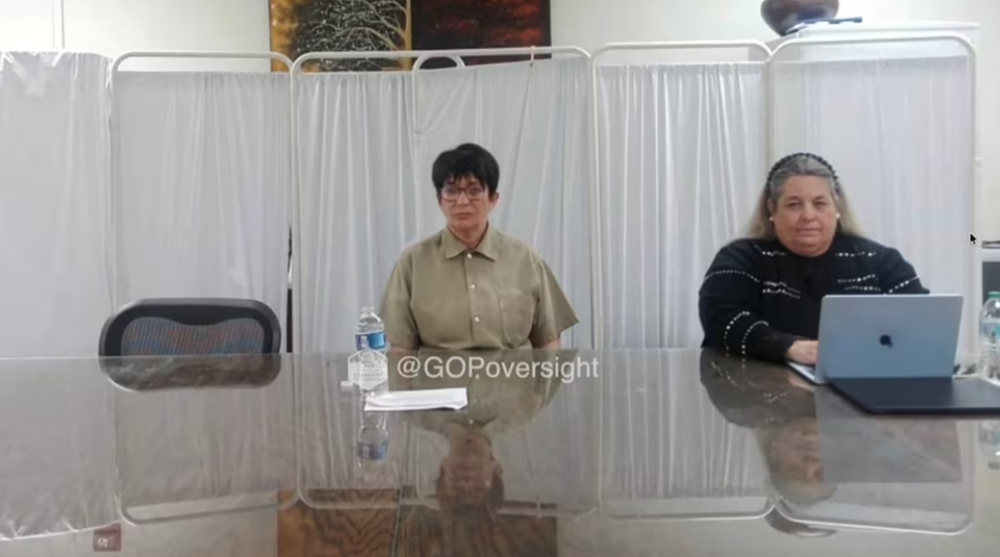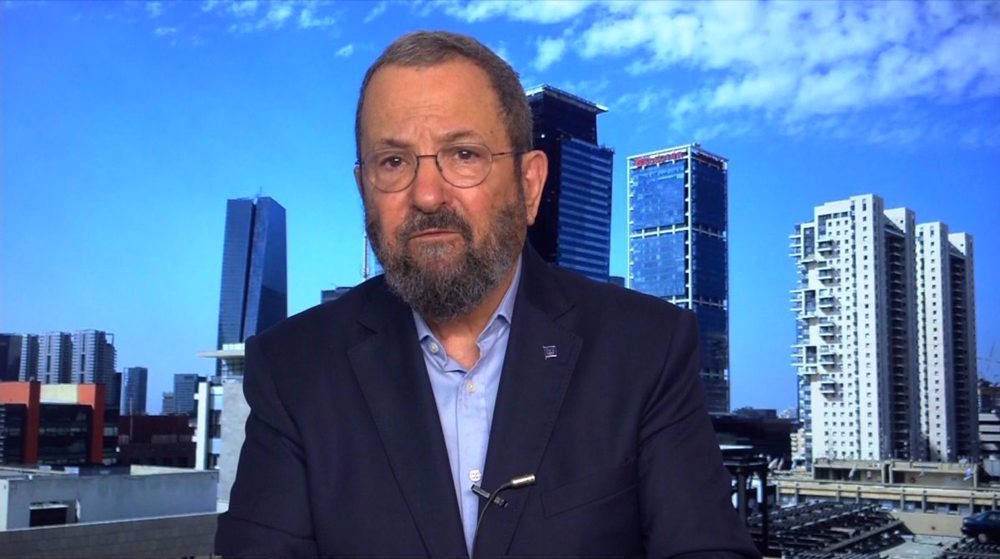US lawmakers grill Facebook, Twitter chiefs in post-election hearing
The chief executives of Facebook and Twitter faced lawmakers Tuesday for a wide-range grilling on their platforms' handling of misinformation and more during the 2020 election.
The Senate Judiciary Committee hearing comes after Mark Zuckerberg of Facebook and Jack Dorsey of Twitter have taken notably more aggressive steps than in 2016. Zuckerberg and Dorsey came out swinging on the defense, highlighting these changes to their sites.
Republican lawmakers largely took aim at the tech giants for allegations of "censorship" over their handling of a disputed news report and for labeling disputed claims -- including the labeling of a number of President Donald Trump's posts. Democrats, for the most part, argued that Facebook and Twitter's steps to combat hate speech, among other issues, still do not go far enough.
Dorsey said in opening remarks that after hearing users wanted more context, they applied labels with additional context to over 300,000 tweets from Oct. 27 to Nov. 11, "which represented about 2.2% of all US election-related tweets."
Zuckerberg highlighted his company has taken down "more than 100 networks of bad actors" to protect against election interference and has built a network of independent fact checkers. Zuckerberg said that 140 million people visited their voting information center, and he estimates Facebook helped more than 4.5 million people register to vote.
In opening remarks, chairman of the Senate Judiciary Committee Sen. Lindsey Graham, R-S.C., tackled a number of issues including allegations of censorship and the addictiveness of social media, even equating it at one point to the tobacco industry.
At the crux of Tuesday's hearing, however, was Section 230 of the Communications Decency Act, Graham said, referencing a law that shields tech companies from legal liability for content posted by third parties on their platforms.
"What we're trying to do is look at Section 230, and to see if it needs to be modified or changed, because Section 230 basically allows social media platforms like Twitter and Facebook to pass on information without legal liability," Graham said. "If a newspaper does something you don't like, you think they've slandered you in a certain way, you can sue them. If a news program does something that you think is out of line, even as a politician with a high bar, you can sue them."
"I think there's Republican and Democrat concern about the power that's being used by social media outlets to tell us what we can see and what we can't, what's true and what's not," he added.
Graham said in his mind, Section 230 "has to be rewritten," adding that "the purpose of this hearing is to find a way forward to bring about change."
Sen. Richard Blumenthal, D-Conn., added that he intends to "bring aggressive and targeted reform to Section 230," but said that he is not interested "in being a member of the speech police." Blumenthal also broke with the Republican argument that this is a "censorship" issue.
Section 230 continued to be brought up throughout the over four-hour hearing.
Zuckerberg and Dorsey both said they would support change or reform to Section 230.
Dorsey said Twitter has proposed solutions to address concerns raised around Section 230, and emphasized Tuesday that these changes should be focused on algorithms.
"We are facing something that feels impossible," Dorsey said. "We are required to help increase the health of a conversation, while at the same time, ensuring that as many people as possible can participate."
Zuckerberg reiterated past arguments, saying he welcomes the idea to discuss internet regulation.
"I believe we are well overdue to update the rules for the internet around content, elections, privacy and data portability," Zuckerberg said. "There are important questions here, including who should be responsible for what people say online. For any system to work, I believe there needs to be a transparent process that people feel they can trust. This will be difficult, especially since our country is so divided. But I believe it's the only way to address these issues for the long term."
GOP lawmakers including Sen. Ted Cruz also pressed the tech CEOs about content moderation, an issue that came up repeatedly throughout the hearing. Cruz accused the tech companies of having a political bias, and putting more warning labels on content from Republican lawmakers than Democrats.
Cruz asked Dorsey if he was an expert on voter fraud, and why Twitter puts "purported warnings on virtually any statement about voter fraud." Dorsey answered that they are "simply linking to a broader conversation so people have more information."
Tuesday's hearing comes on the heels of two other Congressional hearings attended by big tech CEOs in late July and late October that covered similar topics as lawmakers begin to take aim at an industry that was left largely unregulated in the past.
Source: ABC
Iran’s missile program will never be on negotiating table: Shamkhani
Hezbollah: 47 years of Iranian progress proof of ‘abject failure’ of Western plots
Iran’s Larijani meets Qatari emir amid nuclear talks with US
VIDEO | 47th anniversary of Islamic Revolution celebrated at Iran's Embassy to Holy See
VIDEO | Sana’a marks February 11 anniversary with mass rally at US embassy site
VIDEO | Iran’s Embassy in Ethiopia celebrates 47th anniversary of Islamic Revolution
Saudi leaders congratulate Iran on 47th anniversary of Islamic Revolution
VIDEO | Iranian embassy in Malaysia celebrates Islamic Revolution anniversary












 This makes it easy to access the Press TV website
This makes it easy to access the Press TV website